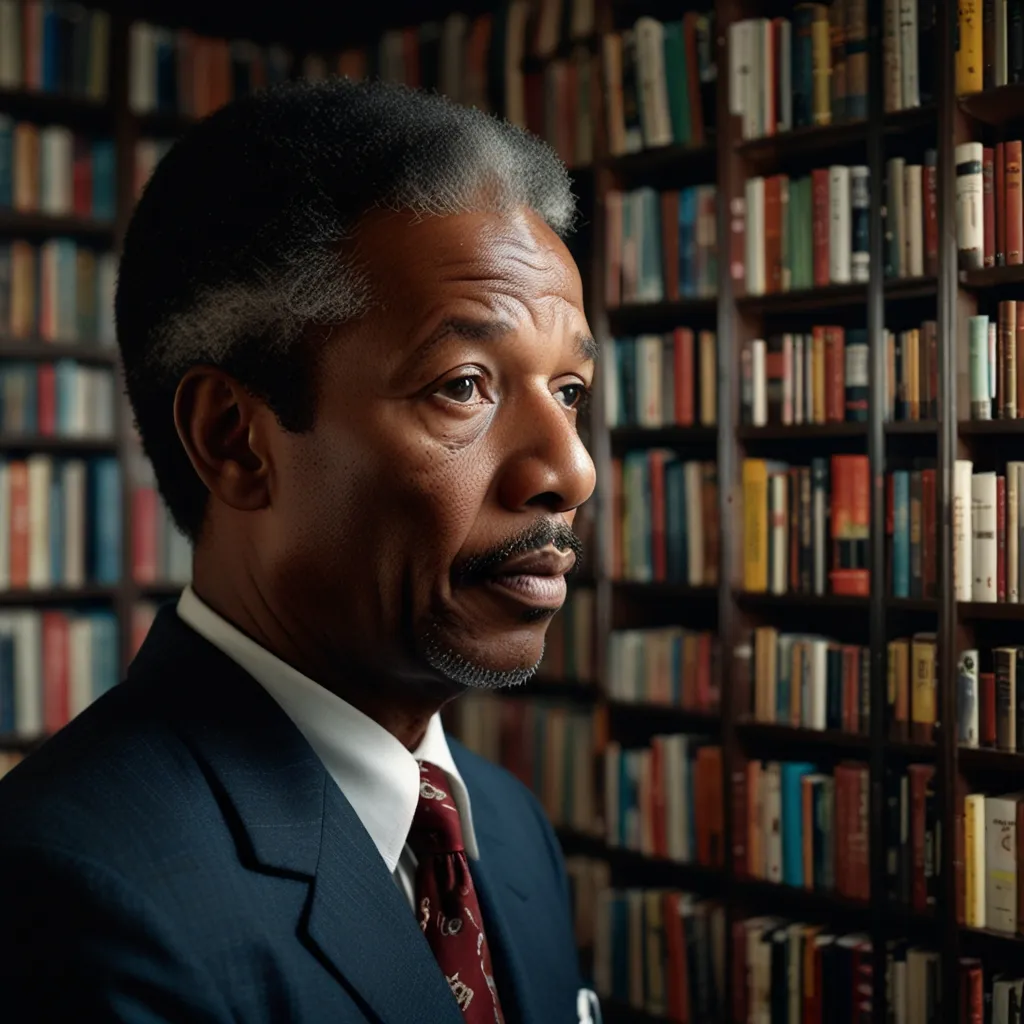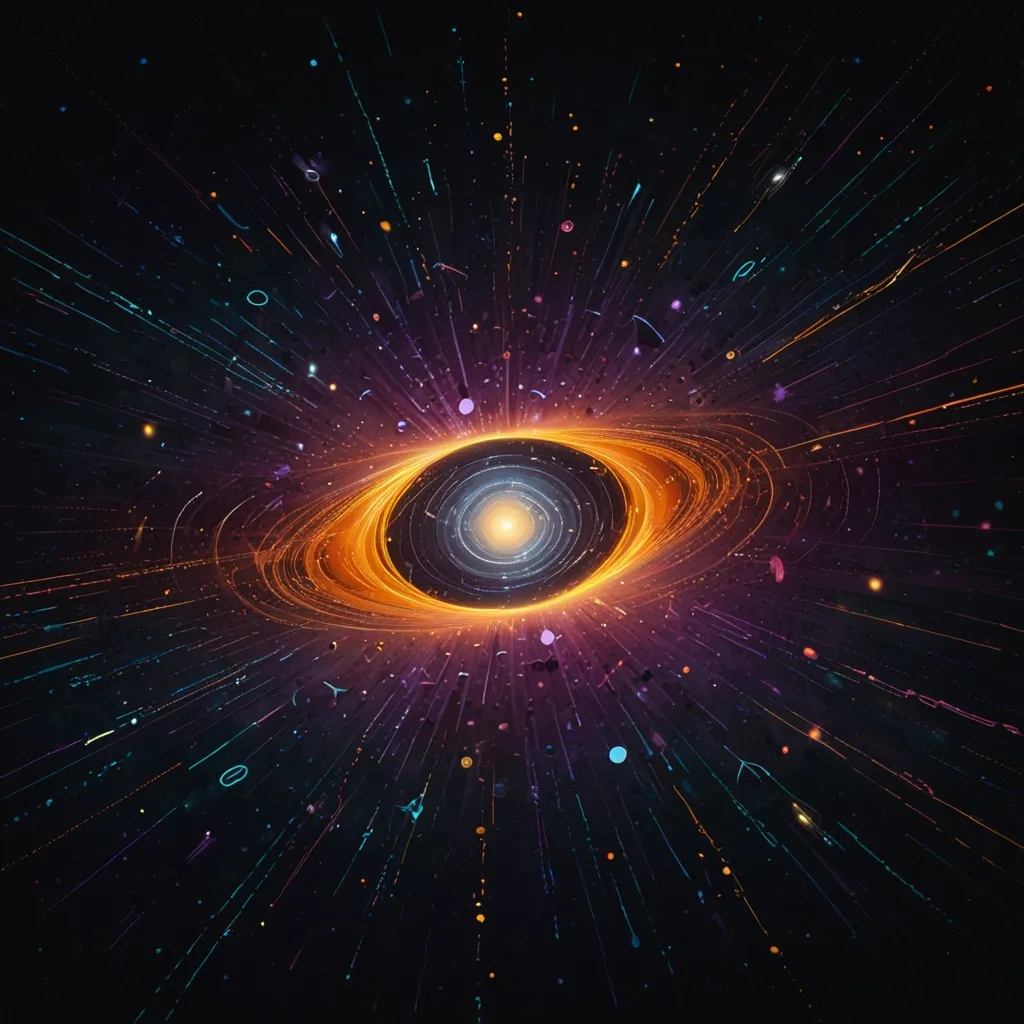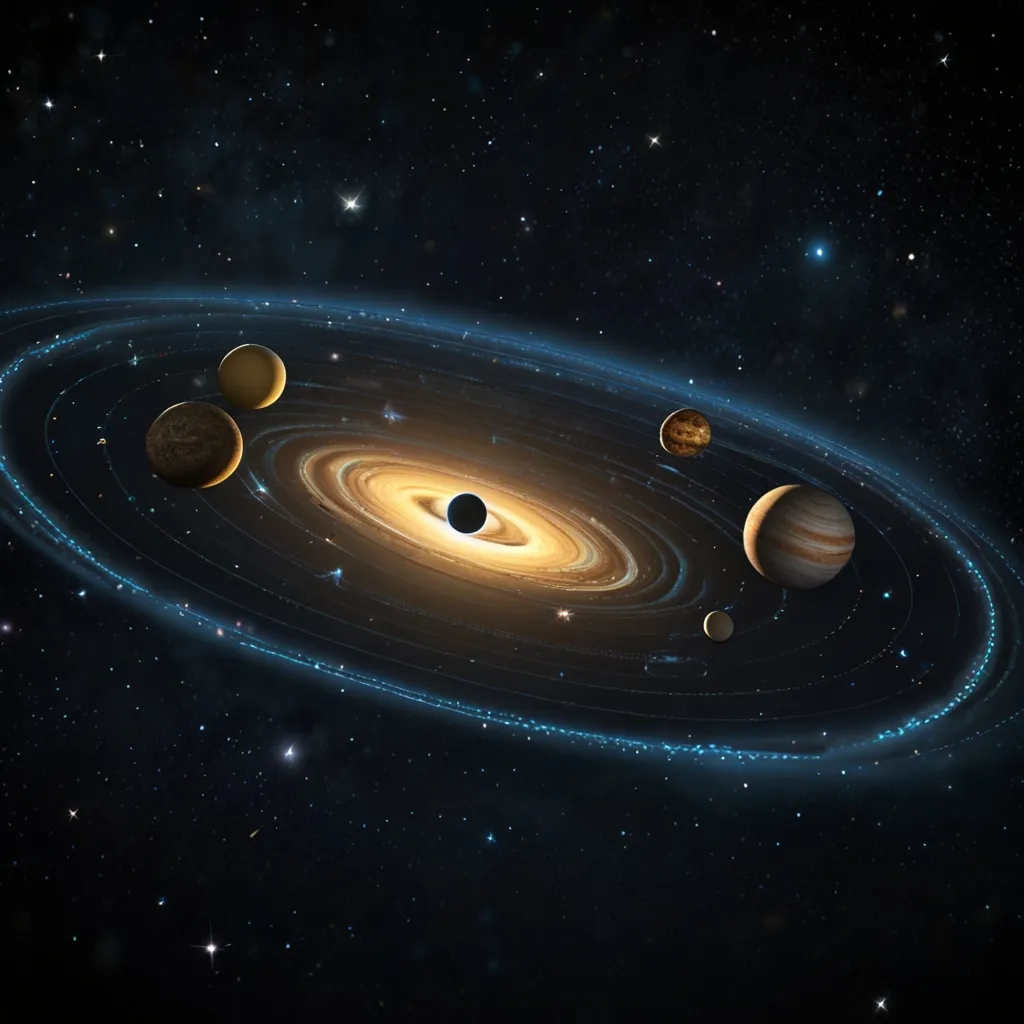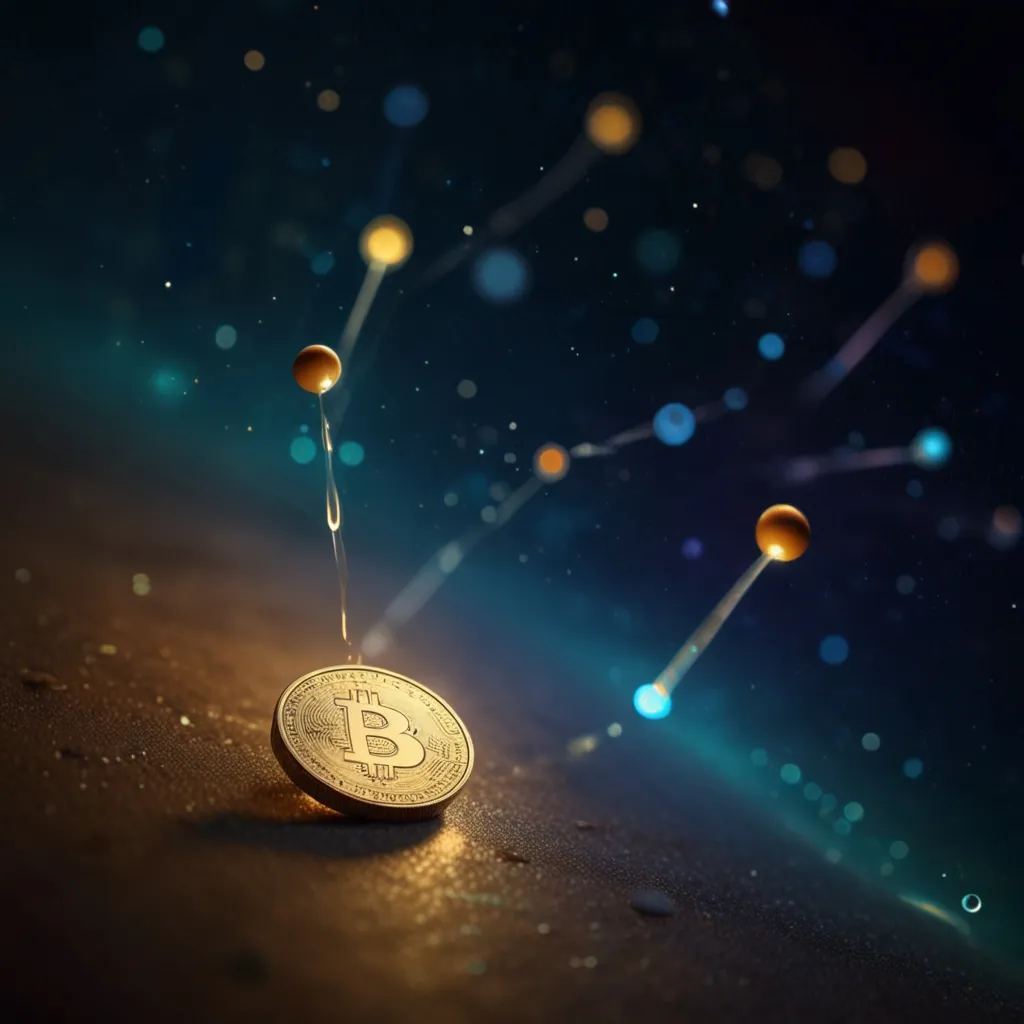We all remember iconic lines from movies— “Life is like a box of chocolates” from Forrest Gump, or “Luke, I am your father” from Star Wars. Even the phrase “Mirror, Mirror on the wall” from Snow White. Then there are memories of eating Jiffy peanut butter or reading the Berenstein bears books. Scientists, however, argue that these are false memories, and here’s why.
The term “Mandela Effect” was coined in 2009 by Fiona Broome, a self-described paranormal consultant. Broome vividly remembered Nelson Mandela dying in prison during the 1980s, complete with details of news coverage and a mourning widow. Mandela, of course, was released in 1990 and passed away in 2013. But Broome found that many others shared her false memory.
One theory that fascinates many is the idea that the Mandela Effect might be evidence of parallel universes. If countless parallel worlds exist, it’s possible that our memories could occasionally cross over from another universe where events differed. For example, in one of these alternate universes, Mandela could have indeed died in prison. While provocative, this theory runs up against scientific principles. Quantum mechanics, specifically the many worlds interpretation, suggests that when universes split due to quantum events, they become isolated. No information, consciousness, or energy can cross between them.
Another theory suggests that our reality might be a computer simulation. Imagine if a glitch or intentional tweak by the simulation’s programmers altered history, creating false memories. This idea, though intriguing, is currently untestable. If we’re part of a simulation, every aspect of reality, including our memories, is under its control.
Most likely, the Mandela Effect boils down to the way our brains store and recall memories. Memories are not fixed recordings but constructed narratives assembled from bits of information. Studies show that similar memories are stored near each other in the brain and can become jumbled upon recall. For example, Nelson Mandela didn’t die in prison, but Steve Biko, another South African anti-apartheid activist, did. These similar memories might overlap.
Psychologists also argue that memory recall is influenced by expectations and associations. The name “Berenstain Bears” might be remembered as “Berenstein Bears” because names ending in “stein” are more common. Similarly, “Jif” peanut butter might be mixed up with “Skippy,” creating the false memory of a non-existent “Jiffy” brand.
Technology and social media amplify the problem. Echo chambers on the internet make it easy to establish widespread misconceptions. Repeated misinformation can lead to collective false memories that align with preconceived beliefs. This phenomenon isn’t limited to trivial matters but extends to significant historical and science-related falsehoods.
Ultimately, while the Mandela Effect is an entertaining concept, it highlights the unreliability of human memory and the impact of misinformation. It’s a reminder to critically evaluate the information we consume and be mindful of how memories can be manipulated.






